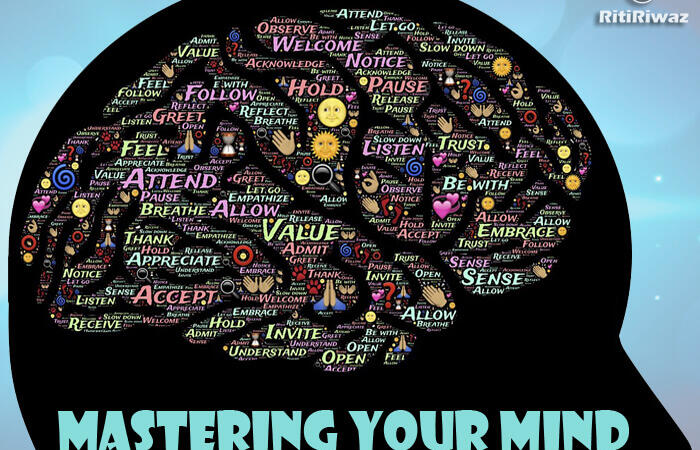Understanding the Early Stages of Dementia – Signs and Symptoms

Dementia is a collection of symptoms that can signal the decline of cognitive abilities, affecting memory, thinking, and social skills to an extent that interferes with daily functioning. Identifying its early stages is crucial since prompt and proper management can help enhance the quality of life for those affected. Early detection like a stages of dementia chart also enables families to prepare for future care needs and make appropriate arrangements. Keep reading for an in-depth exploration of recognizing and understanding the early signs and implications of dementia.
Recognizing Signs and Symptoms of Early Stage Dementia
Detection of early stage dementia can be challenging due to its subtle onset. Initially, memory problems, such as forgetting recent conversations or events, may seem like mere forgetfulness. However, as dementia progresses, these issues become more pronounced and consistent, moving beyond normal age-related changes. It’s fundamental to observe if these occurrences are accompanied by repetitive questioning or a struggle to follow simple instructions.
Another sign is difficulty performing familiar tasks. A person with early stage dementia may struggle with tasks that they once completed without thought, such as managing finances, cooking, or navigating a familiar route. This noticeable decline in the ability to handle routine activities should raise concern and prompt further evaluation.
Language problems are also prevalent signs. Those in the early stages of dementia might face challenges with vocabulary, have trouble naming objects, or substitute incorrect words without noticing. This often leads to broken or unfulfilled conversations that signal a need for attention.
Cognitive Changes To Look for in Early Stage Dementia
In the early stages of dementia, cognitive changes are often the most prominent signs. An aspect lies in short-term memory loss, a feature that tends to stand out as individuals forget recent events but remember incidents from years ago with clear detail. Paying attention to these inconsistencies can help identify cognitive decline.
Orientation in time and space is another cognitive aspect impacted by dementia. People with early-stage dementia can lose track of dates, seasons, and the passage of time. More so, they can become disoriented even in familiar places, showing uncertainty about how they got there or how to return home.
Lastly, understand that cognitive decline will affect planning and organizing abilities. An individual may struggle to develop a plan or work through steps necessary for complex tasks. This disorganization can permeate through daily activities, creating a sense of chaos or inadequacy that was previously uncharacteristic.
Navigating Next Steps After Identifying Early Signs of Dementia

After recognizing potential signs of early dementia, the next step is consulting a healthcare professional. A proper diagnosis involves a series of tests and evaluations that can shed light on the condition. It is a critical move that can help in planning the way forward and in accessing resources aimed at managing symptoms.
Exploration of treatment options is another immediate step after an initial diagnosis. While there is no cure for dementia, there are treatments that can slow its progression and improve quality of life. These can range from medications to cognitive therapy and lifestyle changes.
Finally, building support networks is crucial. Whether it’s family, friends, or support groups for those with dementia and their caregivers, having a network provides a much-needed pillar of support. Sharing experiences and knowledge with those on a similar journey can be invaluable in navigating challenges.
Overall, early detection and understanding of dementia can have a profound impact. It paves the way for early intervention, planning, and adjustments that make the journey smoother for everyone involved. While dealing with dementia is undoubtedly challenging, informed understanding and proactive action can provide a solid foundation.
Suggested Read: Keep Your Brain Sharp






